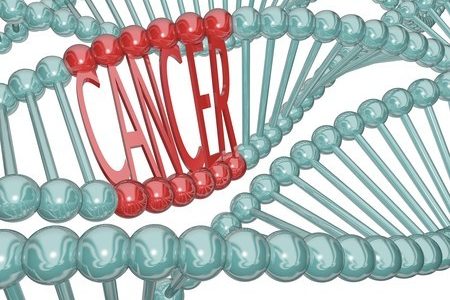- Bound by love, her list is long;
Internet-virtual-tree long.
- Power through understanding;
Compassion through control.
- Wrong facts, bad questions;
Irrelevance yields wrong answers.
- Lost, anxious, mad;
Terror.
5 . Bound by oath, his list is long;
Socratic-med-board-exam long.
- Specific, clinical, microtic.
Vague, holistic, corpotic.
- Breath, blood, lumps and pain.
Church, sex, work, and fear.
- Focused, minute detail.
Dreams, strength, passion.
- Strip away the shield;
Tunic, pants, belt and watch.
- An exam complete.
Vital times five.
- Head and neck.
Chest and heart.
- Abdomen. Pelvis. Butt.
Arms, legs and toes.
- Brain and nerve.
Mind and soul.
- Impotent paper off;
Insulate shirt on.
- The consult’s final roll;
Life beginning to end.
- Teaching to disease.
Question to answer.
- Empower by prognosis.
Decision begets the plan.
- She closes the lists;
The patient cries.






1 Comment